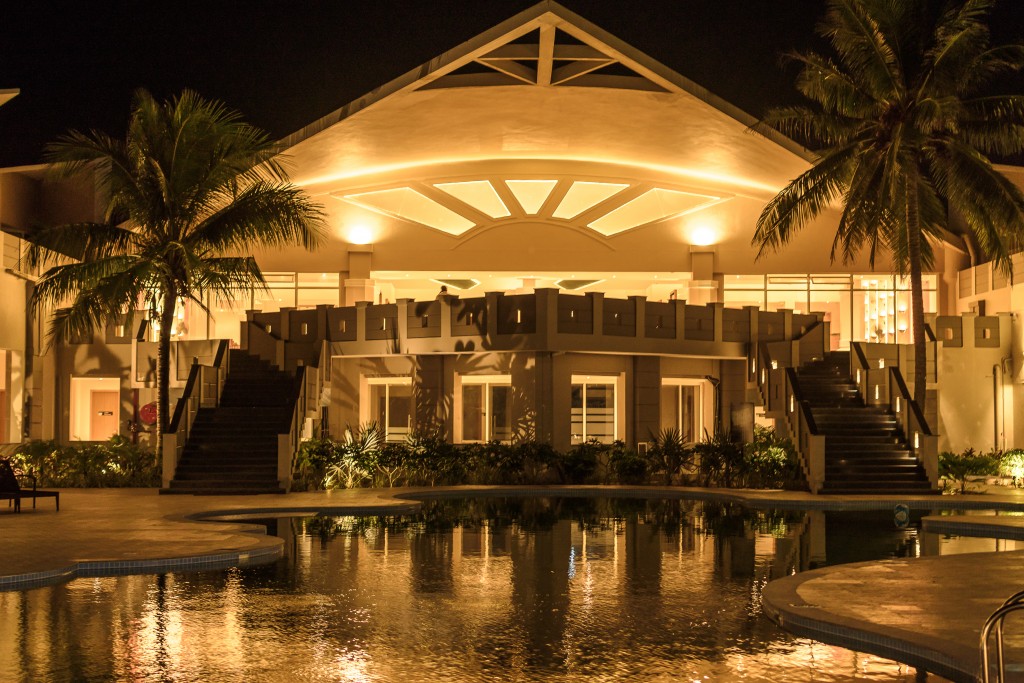There has been a long and historical intersection between architecture, design, and public health. Ancient and modern history has shown us that architecture and interior design, adjusting to the realities and demands of diseases is nothing new. Previous epidemics like the 1918 Spanish influenza, dysentery, and tuberculosis gave rise to many of the design features we enjoy in our homes today. And just like changes to our homes, the hospitality industry will eventually have to pivot their design ideas to decrease the spread of infection as well. Here are some ideas proposed by expert hotel industry professionals to curb the spread of COVID-19 and promote health and wellness among future guests.
Contactless room controls

Even before COVID-19 was a reality, many in the hotel industry were already turning towards automation with keyless guest-room entry via smartphone and self-check-out, especially the more high-end hotels. But the pandemic accelerated the speed at which hoteliers would realize the importance of these features, especially when people need to keep a physical distance from each other. Moving forward, guests and tourists should expect more automation, thanks to tech advancements like Google Nest Hub, which is a hospitality application rolled out last summer in some hotels, like Fairmont Scottsdale Princess in Arizona and the Gansevoort Meatpacking Hotel in New York City. This virtual assistant is not the first, though; Amazon’s Alexa was also launched in a couple of hotels in 2018.
Mobile guest rooms
Perhaps those who have chosen to live in an RV had the right idea, as countless luxury hotels rolled out luxury RVs that were pretty much five-star hotels on wheels. The idea isn’t completely novel, as there were already mobile hotels launched as far as back as 2016, but these RVs might take center stage soon for as long as COVID-19 is still around. The RVs can transport guests from one hotel location to the next, and they come equipped with a luxe bedroom, kitchen, and bathroom. Many of them can be parked at affiliated hotels so that guests can dine or use the pool while the RV is being serviced by housekeeping. The whole idea is to provide guests with a luxurious experience that they can take on the road.
Sustainability
For the past few years, many guests have taken into consideration how hotels’ sustainability efforts when choosing where to stay. For this reason, hoteliers would be wise to incorporate green hospitality and sustainability, especially in a landmark year when many consumers are more aware of how our actions and choices affect the world’s natural resources. Here are some key trends the hotel industry can maximize for 2021 and beyond:
- Eliminating food and plastic waste—While some food waste is unavoidable, especially in the hospitality industry, hotels still need to find solutions that can significantly reduce waste. An industrial baler solution can allow hotels to decrease the number of resources spent in the recycling process and be configured to every hotel’s unique operations.
- Using allergen-free hotel features—That includes taking into serious consideration what triggers allergies in a hotel and eliminating them. Going allergen-free entails using materials with low to zero emissions like allergy-free flooring and eco-friendly paints.
- Monitoring and lessening carbon emissions—While the hotel industry only accounts for about 1% of all carbon waste in the world, it’s still a big number. Moving forward, hotel management teams can invest more in solar energy and overhaul their energy usage completely.
There are many other trends on the horizon for the hotel industry, and they all have one thing in common: A focus on physical distancing and sustainability. As long as hotels keep up with the times, staying afloat shouldn’t be a problem.

